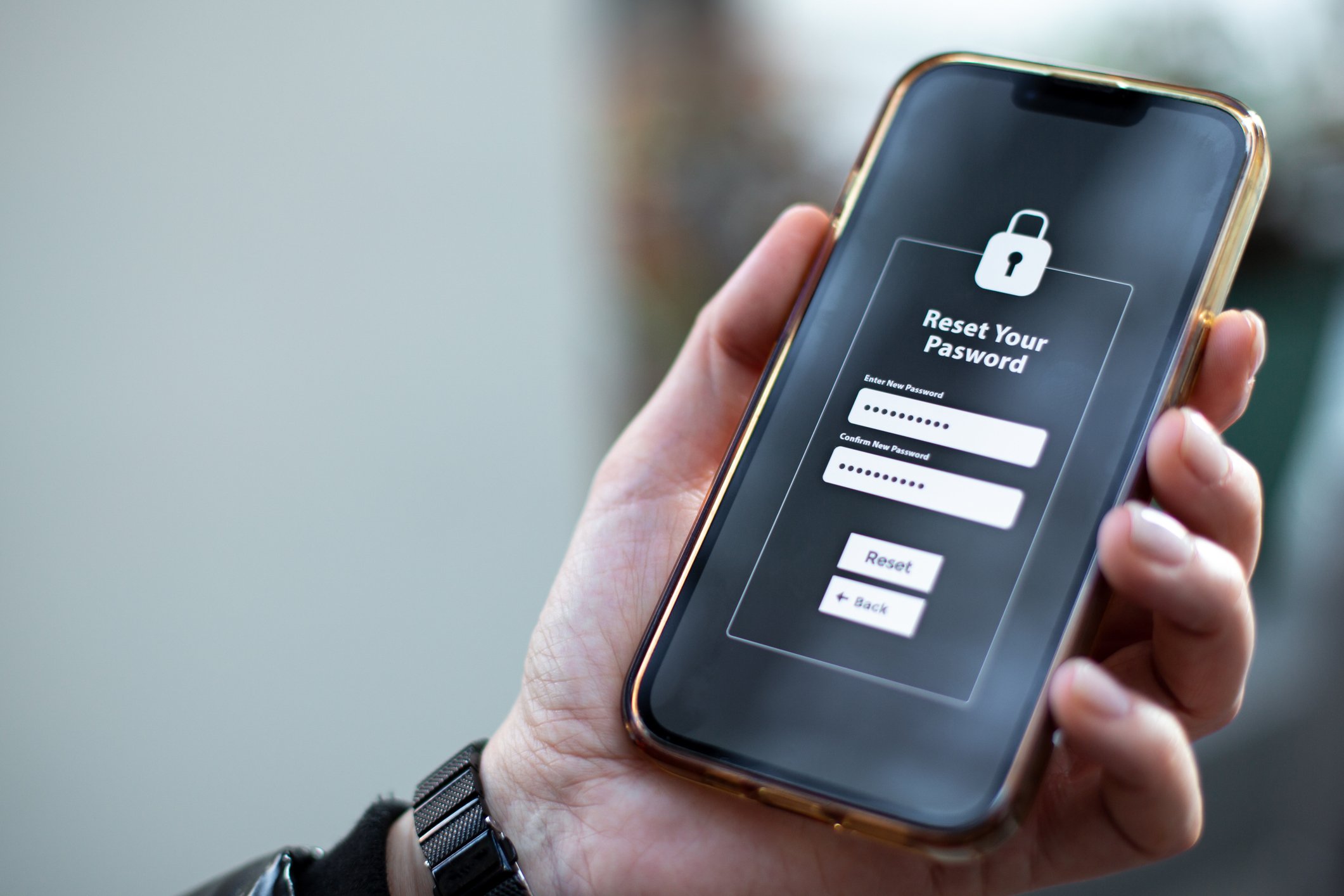
When it comes to your finances, password protection is essential to keeping your personal information secure. Without a strong password you put yourself at risk for fraud. Here are a few tips to keep in mind when managing your passwords for online accounts.
The Risks of a Weak Password
Weak passwords leave the door open for unauthorized users to obtain your information. Once someone gains entry to your account, they can cause significant damage. With a weak password, you risk having your account completely taken over by cybercriminals. A security breach can lead to unauthorized access to your banking and credit card information, resulting in potential fraudulent transactions.
Once a cybercriminal successfully hacks into one of your accounts using a weak password, they can gain access to other accounts, like your social media, with the same or similar credentials.
Weak passwords often:
- Are very short
- Lacking complexity
- Don’t feature a mix of letters, numbers, and symbols
- Predictable
How to Create a Strong Password
To create a strong password that will help keep your data secure, follow these guidelines:
- Steer clear of using common words, predictable sequences, or easily guessable patterns.
- Don’t simply modify an old password by adding a letter, number, or symbol. Each new password should be entirely distinct from previous ones.
- Create different passwords for every account
- Use a combination of lowercase and uppercase letters, numbers, and symbols to enhance complexity.
- Include special characters such as periods, brackets, underscores, and backslashes to further strengthen your password.
If you are struggling to create a strong password, there are resources available to help. Searching for terms like “password generator” or “password creator” online can provide you with random, secure passwords.
How to Best Manage Passwords
- Keep Passwords Updated
Most applications or websites that save your username and password will remind you and require you to change your password periodically. This feature helps to keep your information safe before a breach can occur. Never ignore this suggestion! - Use Two-Factor Authentication
Many applications use Two-Factor Authentication, a security safeguard that requires you to enter a second piece of information that only you have. Safety features like these help you to feel secure in knowing your data is not easily accessible to others. Although it may seem excessive, Two-Factor Authentication adds a critical layer of security. - Password Manager
Password managers are programs that store your usernames and other important information in what’s known as a 'master vault.' You will need to create and remember a password to access this vault. Once you’ve created your vault password, you won’t need to worry about remembering all of your other passwords. Consider using a password manager to keep track of them securely. If you prefer a more traditional approach, storing passwords in a physical notebook can also work, as long as it’s kept in a secure location. - Never Share Your Password With Anyone
Never share your password with anyone. Avoid storing your passwords in easily accessible files or folders on your computer. Be cautious about who has access to your devices if they contain confidential information. If you accidentally reveal your password, change it immediately. Only allow trusted individuals access to your devices that store private information.
Protect yourself today by updating your password within Online Banking!